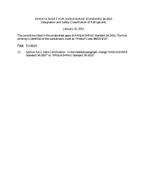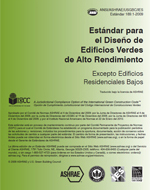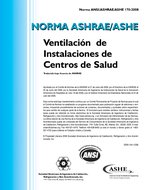Description
The purpose of this paper is to illustrate a methodology for integrating the learnings from nature with modeling and simulation tools for form configuration of building components in the early phases of design. Although the form configurations of living organisms may look random at first sight, the “constructal law” of nature governs these configurations for a continuously optimized performance such as in the case of the branching patterns of a tree. In this performance, the goal is to minimize the flow resistance subject to global fitness constraints of time, space, and weight. In this paper, first the principles of the constructal law have been qualitatively and quantitatively discussed. Second, following these principles and using Rhino/Grasshopper and the genetic algorithm, the form of a test case office plan as well as the configuration of its supply duct system have been optimized. Using Autodesk CFD, the air flow within the proposed duct system has been simulated, which shows a considerably better performance compared with the typical plenum duct system.
Citation: ASHRAE/IBPSA-USA Bldg Simulation Conf, Sept 2018
Product Details
- Published:
- 2018
- Number of Pages:
- 7
- Units of Measure:
- Dual
- File Size:
- 1 file , 1.3 MB
- Product Code(s):
- D-BSC18-C087




